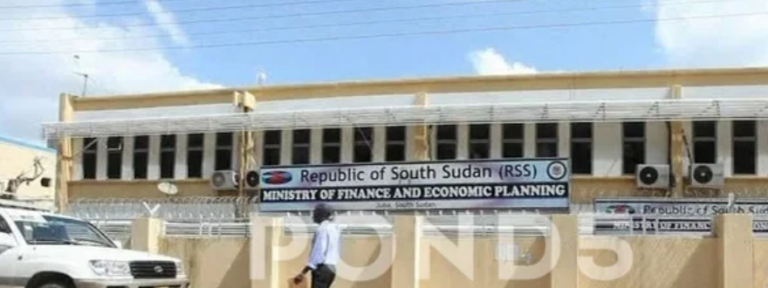Over the years since the birth of this country, the finance ministry portfolio has been unstable, with ministers being fired left and right in search of the right person for the job. According to a statement from the president during the swearing-in of the incumbent Finance Minister, he is looking for the right person to stabilize the country’s economy. Until he finds this person, he will continue to make changes in the ministry. I personally appreciate the president’s statement, but it raises a crucial question: How does he intend to find the right person?
If all ministerial appointments are made based on recommendations to the president, it’s essential to scrutinize these recommendations. Are they truly in the nation’s best interest, or are they attempts to undermine his administration? The president needs to carefully review and reconsider the recommendations he receives, especially for the finance ministry, which is currently facing significant challenges.
Why is the finance ministry particularly unstable? The answer is clear: it’s where resources are managed, and everyone wants a piece of the pie. Political players vie to have their candidates appointed to this lucrative position to access the ministry’s revenues. They rush their recommendations to the president, often without considering whether their candidates are truly capable. As a result, there is frequent turnover in the ministry, as the wrong individuals are appointed for political reasons, despite the presence of technical experts and directors to guide them.
The president must take a more critical approach to these appointments to ensure that the right person, who can effectively manage the economy, is selected.
If I were to advise my President, I would emphasize that the heads of ministries, despite having technical directors, still need to be experts in their respective fields. For instance, a finance minister should have a background in finance, an education minister should be an educationist, and a health minister should be a health professional or a doctor. The head of the ministry must be technically proficient to effectively strategize and guide the directors based on their own expertise. Otherwise, the minister’s role may be reduced to merely signing off on decisions.
A minister with a strong background in finance and economy, for example, would not only rely on specialists but also actively push and guide them towards quick implementations. Often, ministers without technical backgrounds, who are primarily politicians, find themselves at a disadvantage. They become victims of their own lack of expertise, especially if they do not have a good relationship with their technical directors. In such cases, the specialists might not assist them adequately, leaving them vulnerable to being sacked.
This brings us to another important question: How qualified are these directors? What are their credentials to guide the ministers? How long have they served in their professions, and do they need to update their skills? Are they keeping up with the latest advancements in their fields to meet modern demands? Some might have outdated training, necessitating updates to ensure they perform their duties effectively and provide quality services to the public.
Therefore, the CVs and professional backgrounds of candidates for any ministry portfolio must undergo thorough scrutiny by the President or a most trusted advisor who is resistant to undue influence. This careful review is crucial to prevent the appointment of incapable candidates and ensure that the best people are chosen for these vital positions.
Another issue lies with the aspirants for the ministerial positions themselves. They need to possess all the necessary qualifications and experience to deliver results. It is a serious matter to earn the President’s trust and then fail to meet expectations. If you know you cannot perform under pressure, you should not seek the position. The finance portfolio, in particular, demands individuals who can handle intense pressure to stabilize the economy. It requires a commitment to sacrifice personal gains and establish a legacy that benefits both the institution and the nation.
While the President’s impatience for ministers to deliver is understandable, it is essential to allow enough time to prove whether someone has truly failed. However, prolonged delays worsen the country’s economic problems, justifying the President’s urgency in finding the right person. Appointed ministers must demonstrate tangible progress and effectiveness in addressing the country’s financial issues.
I recall the President’s words during the swearing-in of the current Finance Minister about creating a single account to prevent funds from being misappropriated. This initiative is crucial to ensure that the nation’s substantial non-oil revenue is properly managed. Mr. President, it is time to focus on closing these loopholes and directing funds appropriately. By making decisive actions and implementing strict measures against public fund misusers, we can ensure that public servants and the organized forces receive their due support without delays.
Implementing a zero-tolerance policy against corruption will not only enhance your administration’s efficiency but also ensure that the people enjoy better services in the country.
The author, Emmanuel Taban Peter, can be reached on the following email emmanueltabanpeter3@gmail.com.
The views expressed in ‘opinion’ articles published by Radio Tamazuj are solely those of the writer. The veracity of any claims made is the responsibility of the author, not Radio Tamazuj.




